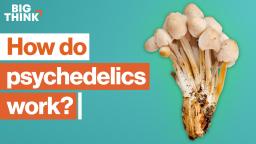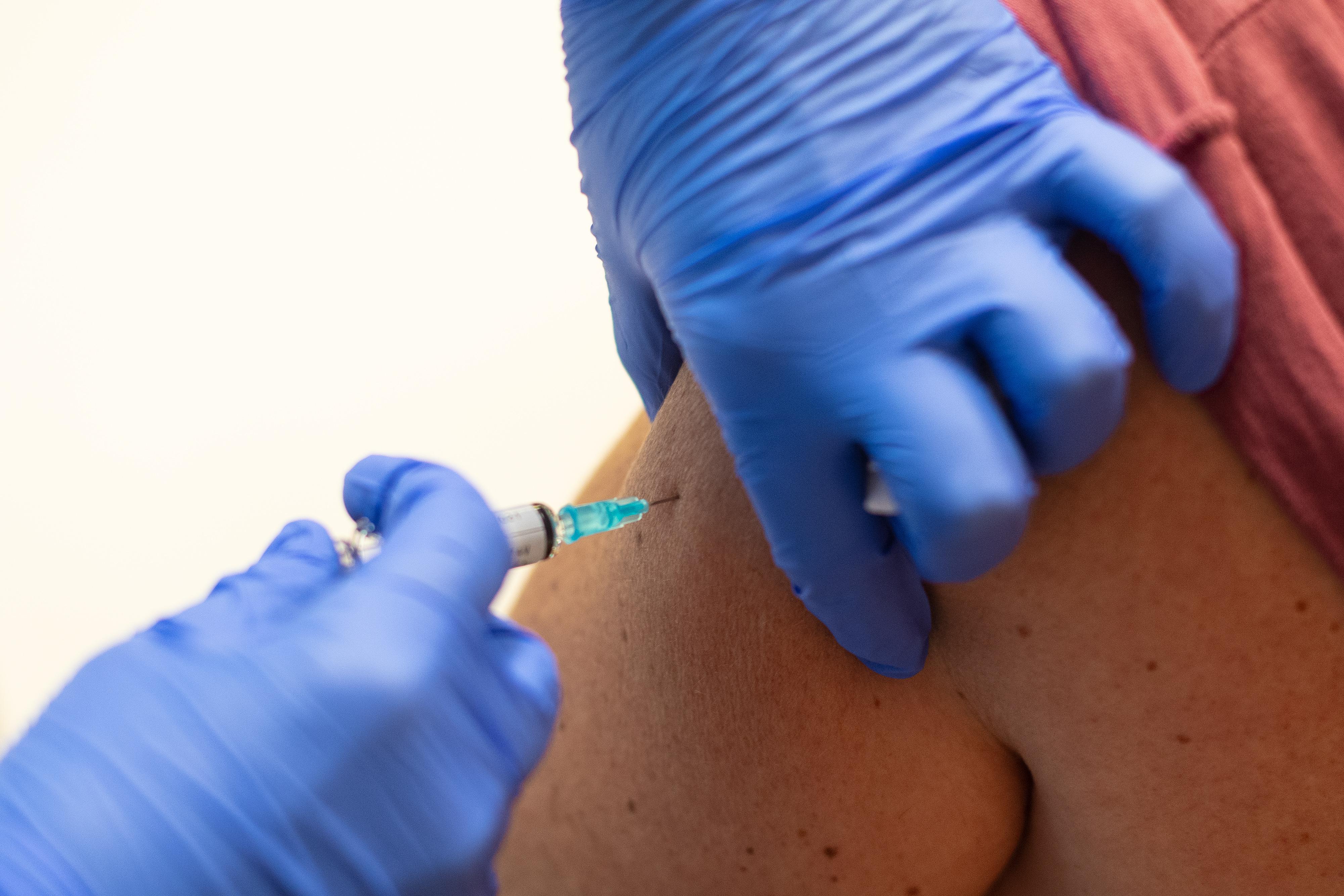health
The federal government and private insurers greatly increased Americans’ telehealth access during the pandemic. Will these changes be permanent?
While most of these deaths are driven by external factors, interventions can still help prevent them.
After the unrelenting negativity of 2020, we may need a refresher on the benefits of a positive affect.
For several weeks after considering the ethics of eating meat, participants in an experiment changed their eating habits.
Ultraviolet LED lights could soon be used to help disinfect air and surfaces in buildings, planes, subways and other spaces.
A new observational study finds that red wine and cheese have protective effects.
There is a lot we don’t know about psychedelics, but what we do know makes them extremely important.
▸
20 min
—
with
Research shows that sparrows and other animals use plants to heal themselves.
Gun violence is a public health crisis that is notoriously difficult to study because of politics. Finally, a new research initiative has the green light to collect life-saving data.
The vaccine just passed its first clinical trials, but it has a long way to go.
There is a neurological link between serotonin levels and the brain’s ability to control impulses and patience levels.
A new “evidence-based nature prescription program” will see patients spending time in the woods.
Psychedelic therapy will become legal in Oregon in 2023. That’s thanks largely to a renaissance of psychedelic research that’s changing attitudes on the substances’ medical potential.
Britons could start receiving the vaccine within days.
Vegans and vegetarians often have nutrient deficiencies and lower BMI, which can increase the risk of fractures.
These tiny fish are helping scientists understand how the human brain processes sound.
Researchers from Israel reversed two key processes involved in aging.
A new method is able to create realistic models of the human heart, which could vastly improve how surgeons train for complex procedures.
The COVID-19 pandemic is making health disparities in the United States crystal clear. It is a clarion call for health care systems to double their efforts in vulnerable communities.
Experts plead with Americans to keep gatherings limited this Thanksgiving, while families devise new ways to celebrate the holidays.
Heard about the phenomenon of FNE, or ‘first night effect’?
The compound found in “magic mushrooms” has significant and fast-acting impact on the brains of rats.
Recent research shows that brain teasers don’t make you smarter and don’t belong in job interviews because they don’t reflect real-world problems.
A recent NIHR report found that students with previously low connectedness scores saw improvement in well-being and eased anxiety.
The researchers say their findings support the idea that low biodiversity in modern living environments could lead to “uneducated” immune systems.
A new study shows you should put down the toilet lid when flushing to avoid coronavirus and other illnesses.
What is more important, that a treatment helps keep people healthy or that it meshes with our morals?
It’s a precautionary measure stemming from fears that mutated coronavirus strains may reduce the efficacy of future vaccines.
Work that can break down the body can also break down the mind.





























